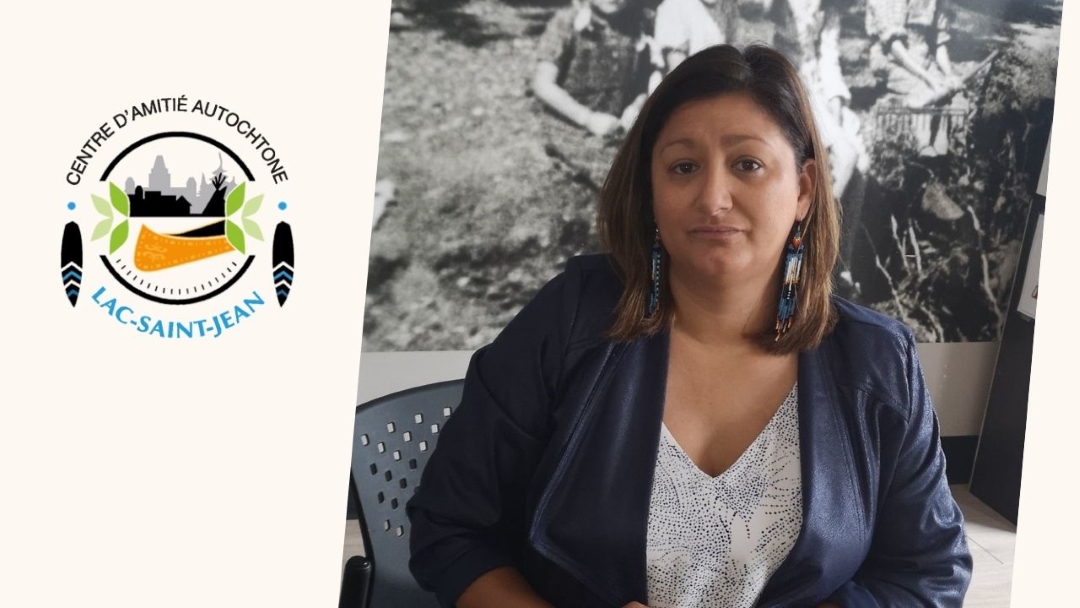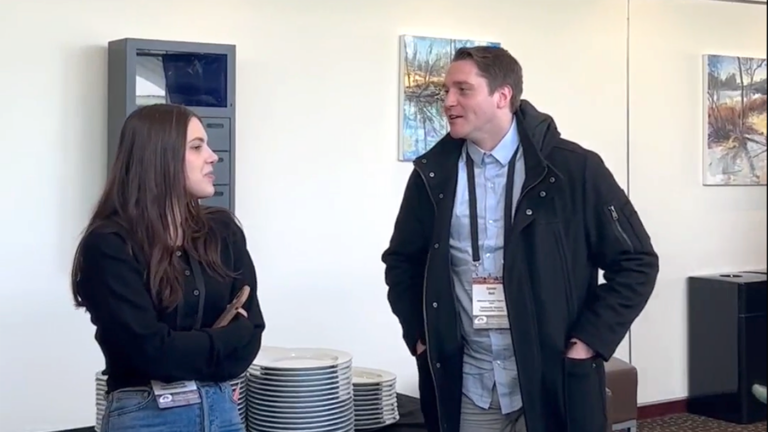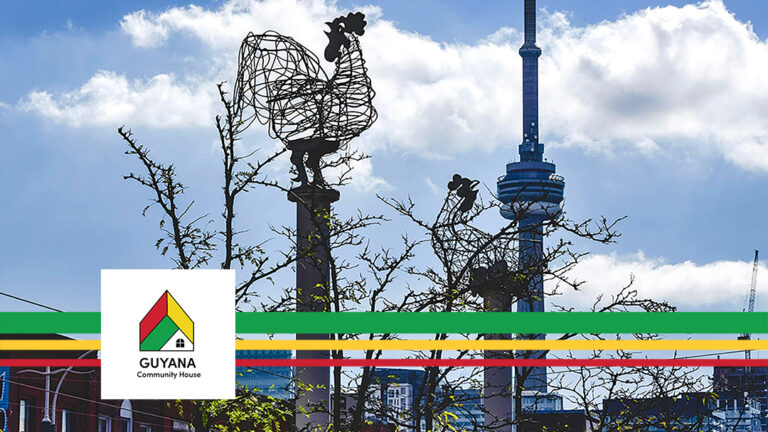The Centre d’amitié autochtone du Lac-Saint-Jean, in Roberval, Québec, is working to improve housing conditions for Indigenous people, as more and more leave the reserve to settle in urban areas, by engaging in dialogue with non-Indigenous homeowners.
“The landlords called us [to say] ‘I have problems with this person, can you pay their rent?,’” says Mélanie Boivin, executive director of the Centre d’amitié autochtone du Lac-Saint-Jean. “We were like, ‘No, no, we don’t do that.’ [We realized that] when there are problems with the Indigenous people, the owners had the Friendship Centre as their reference. And then we decided that we had to support these people.”
‘These people’ are both Indigenous renters liable to discrimination and who sometimes live in horrible conditions, and non-Indigenous property owners who don’t have all the tools they need to fully understand the situation. As a result, the Friendship Centre has created a project called the Coalition entre les locataires autochtones et les fournisseurs de logements [Coalition of Indigenous tenants and housing providers] to better equip both parties to understand each other.
The Friendship Centre did not do any outreach before the Covid-19 pandemic hit. “At first, I was a bit surprised. I didn’t really see my role in that. But when I saw the scope of the situation and saw first-hand the problem inside the housing, I also understood the distress of the owners,” says Boivin.
She said that she noticed, among other things, the traces of domestic violence experienced by some tenants through home visits. There was an urgent need for action.
Education and dialogue
One of the things the Friendship Centre has put in place is an approach aimed at bridging the gap between tenants and landlords by signing an agreement to collaborate. As a result of this agreement, landlords and tenants share their disappointments and success stories. The Friendship Centre ensures that it follows up and provides the necessary tools regarding the rights and responsibilities of everyone.
“It’s so that we can work together to find solutions to put in place and [provide] training, education, so [the situation] evolves. This reassures landlords,” says Boivin.
“We’re trying to take all the information from the various community organizations around that already have tools—I don’t want to reinvent all the wheel—but we’re going to use these tools and make progress depending on the situations that arise with each individual. There will be a range of workshops that will develop,” says the Friendship Centre director.
Eventually, everyone will get together in a settlement discussion to review the issues. “It’s easier when everyone brings their own perspective and experience,” says Boivin.
For landlords, for example, the Friendship Centre works with a psychologist who provides training in cultural safety, which is critical. “You have to understand [the situations] and not make judgments. It’s not always easy.”
For tenants, this may include information on neighbourhood relationships, household budgets, or waste management, for example. “[Some Indigenous people] don’t have the knowledge to correct problems as they arise,” says Boivin.
At the beginning of March, about a dozen people took part in the follow-up and support program. You can imagine the challenges that can emerge in this work. “It is still difficult [to offer] these services there without infringing on their freedom at some point. It’s their home, it’s where they live, you really have to be sensitive,” she adds.
Discrimination yes, but progress, too
There’s little doubt many Indigenous tenants face discrimination in housing.
“The owners think we drink all the time,” an Atikamekw resident of Roberval recently told Le Devoir. “As soon as they hear Atikamekw family names, they don’t want to hear anything,” he said.
Mélanie Boivin admits that the willingness of some landlords to enter into dialogue with Indigenous tenants was “because they got backed into a cornered a bit.
“We have this [non-indigenous] worker who has been working with us on the housing project from the beginning. [She] was calling for housing and people were seeing her name on the call-display as she was making appointments and accompanying Indigenous people. She didn’t say ‘I am coming to a house with an Indigenous person.’ The owners agreed to all the appointments. But when Indigenous people called, it was, ‘Oh no, it’s rented, [or] I already have a visit, a confirmation’. [And they] never heard back.”
With the steps taken by the Friendship Centre, it is possible to better understand the different realities of Indigenous renters and property owners, and to find common ground. Boivin gave the example of a young woman who suffered from an attachment disorder and who had experienced domestic violence.
“Ordinarily, [the] owner did not accept animals. But we told her, ‘instead of having [a] boyfriend breaking up the whole apartment, of shouting matches, give her the chance to keep a little dog,’ and the owner agreed to accept the dog.”
The project received a grant of $75,000 from the Community Housing Transformation Centre.
Accommodating large families
At the same time, the Centre d’amitié autochtone du Lac-Saint-Jean, the Centre d’amitié autochtone du Saguenay and the Conseil de la Nation Atikamekw created the First Peoples Development Corporation.Their goal is to meet the housing needs of the Atikamekw, including through the construction of affordable housing.
Their Mishtik project (Mishtik means “trees” in Innu and Atikamekw) involves the construction of 24 housing units for families in Roberval.
“Our housing project is [3-, 4- and 5-bedroom apartments]” says Boivin. “Because among Atikamekw families, having five or six children is common. We are bringing a truly essential housing offer to Roberval.”
Boivin argues that the Municipal Housing Authority’s supply of affordable housing and its criteria do not meet the needs of Aboriginal people in the region.
The Corporation’s development project received a $125,000 grant from the Centre.



